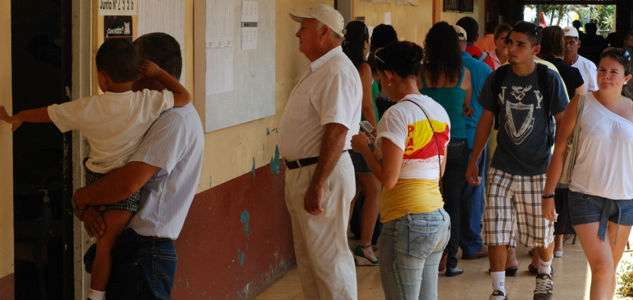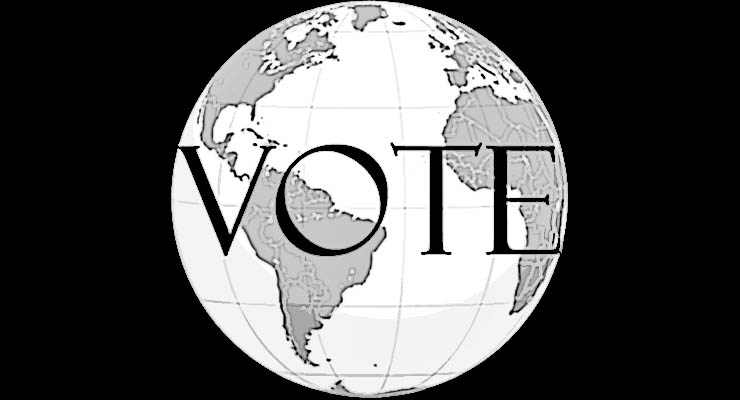
Not enough international attention has been paid to Costa Rica as an example of success for democracy. The long history of elections, held regularly since 1949 under a republican constitution, provides more than enough evidence that Costa Rica’s democracy is strong. Looking forward to the future, we can see Costa Rica as a beacon of democratic stability in Central America and beyond.
Celebrating Costa Rica’s democracy
Costa Rica is a country that has been without an army since 1949, the only country without a military in the world. Costa Rica’s democracy and Costa Rica’s democratic tradition have thrived in part thanks to this situation. Costa Rica’s democracy is working thanks to a robust separation of powers, independent institutions, courts and a well regarded election system managed by the independent and innovative Electoral Commission of Costa Rica.
Costa Rica holds presidential elections every four years. There are traditionally two rival political parties in Costa Rica: the National Liberation Party (PLN) and the Social Christian Unity Party (PUSC). The PLN leans toward welfare-state liberalism, while the PUSC is more progressive, conservative and generally supports business interests. The PLN traditionally holds a majority in the Legislative Assembly, while the presidency alternates every four years, switching back and forth between candidates from the two rival parties.
Recent elections are usually very close, victors winning only by a 2 or 3 percent margin.
Costa Rica’s historic transition
The transition from dictatorship to democracy in Costa Rica was not easy. The history of the period provided by Viva Costa Rica has a good overview/description that reads in part:
Costa Rica’s political system is defined by the 1949 Constitution as a democratic republic run by an elected president and the Council of Government, a 19-member cabinet. The Legislative Assembly, composed of 57 elected members, represents the country’s seven provinces. Candidates for the presidential election must be secular citizens, and are only allowed to serve one term.
Voting is required by all citizens between ages of 18-70. Elections are held every four years on the first Sunday in February, and are overseen by a Special Electoral Tribunal. Each of the seven provinces of Costa Rica is run by a governor who is appointed by the President. The provinces – Alajuela, Cartago, Guanacaste, Heredia, Limon, Puntarenas, and San José – are divided into 81 counties and 421 districts. Each district is served by a municipal council which runs its everyday affairs.
Another overview of the recent history of Costa Rica from the CIA World Factbook:
Since the late 19th century, only two brief periods of violence have marred the country’s democratic development. In 1949, Costa Rica dissolved its armed forces. Although it still maintains a large agricultural sector, Costa Rica has expanded its economy to include strong technology and tourism industries. The standard of living is relatively high. Land ownership is widespread.
As a bonus to this overview article, here is an analysis of Costa Rica’s democracy by Jairo Hernandez, the General director of foreign policy at the Ministry of Foreign Affairs of Costa Rica, where he offers his own “environmental, political, and cultural overview of Costa Rica during the past twenty-five years”. The video is about 45 minutes. Take a look:
What is a better role model for the rest of Central America than Costa Rica’s democracy? Also check out our section on World Democracy. Add your thoughts, questions and answers below!
“Peace is not the product of a victory or a command.
It has no finishing line,
no final deadline,
no fixed definition of achievement.
Peace is a never ending process,
the work of many decisions.”
H. E. Oscar Arias
President of Costa Rica
Nobel Peace Laureate

Leave a Reply